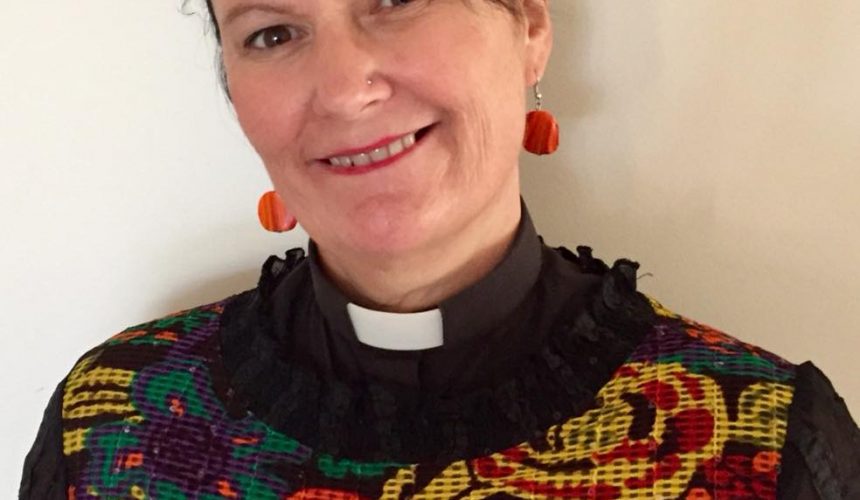Lord of Light, shine upon these words the very truth of your being, that we may read and be brought into deeper relationship with you. Amen.
Isaiah 60:1-6. The light of God’s glory and God’s goodness shines on God’s people, and people from across the earth are drawn to bring gifts and worship God.
Psalm 72:1-7, 10-14. A prayer for God’s love of justice to fill God’s king, who will then defend the poor and rescue the oppressed. Then other kings will bow before him and bring gifts, and all nations will serve him.
Ephesians 3:1-12. In Christ both Jews & Gentiles enjoy the riches of God’s blessings and become, together, one body.
Matthew 2:1-12. Wise men from the East arrive, worship the Christ-Child and present him with fine gifts. Then, having been warned in a dream, they return to their home via a different route, ignoring Herod’s request that they inform him of where the child is staying.
The Reverend Tania writes,
The focus of Epiphany, as usual, is the visit of the Magi. The other readings, though, add some wonderful nuances and textures to this story, emphasising the inclusivity of Christ and the priority of God for justice and for defending the least. In a world where faith is often used to exclude and exploit, and with the tough conflicts and divisions across our planet, the Epiphany message is a timely word. Since this is the Year of Luke in the Lectionary (Year C) the themes of justice and inclusivity are particularly appropriate, offering the possibility of links between the shepherds (from the Christmas season) and the magi (this week).
All of the readings stress two main themes. Firstly, there is the inclusivity of God’s saving work in the world. All of the readings speak of the diverse groups that are drawn into God’s grace and glory in one way or another (the nations, wealthy and poor, powerful and oppressed, Jew and Gentile). Secondly, there is the worship and the offering of gifts that accompanies the experience of being included. Only the epistle has no mention of people bringing gifts to Christ. It is significant that, at the start of his human life, the one who is God’s gift to the world, who brings God’s grace and salvation to humanity, first receives the worship and the gifts of humanity. It is also significant that the ones who bring those gifts are those who would have been excluded from the worship of God in the Temple – Gentile foreigners who were sorcerers (the literal Greek word).
The message here is twofold; the incarnate Christ has come for all humanity, not just a particular national or religious group, and the glory of God, reflected in the incarnate God-child, teaches us that God’s glory is also reflected in all humanity. Either way, the scandalous truth that we must face in this celebration is that the light of God’s glory shines on all people and through all people – if we only have eyes to see it!
May our worship open our eyes to the light of God’s glory in Christ, and within and around us.
Prayerfully, Rev. Tania.

